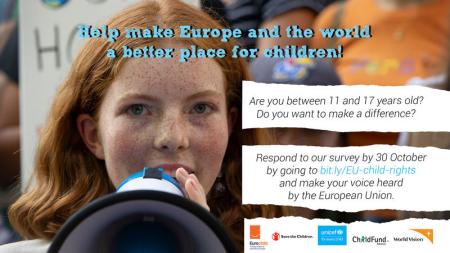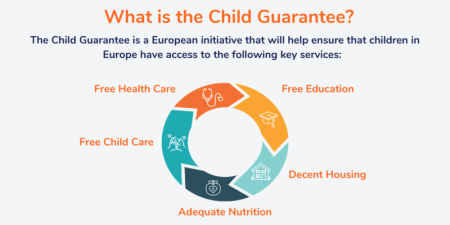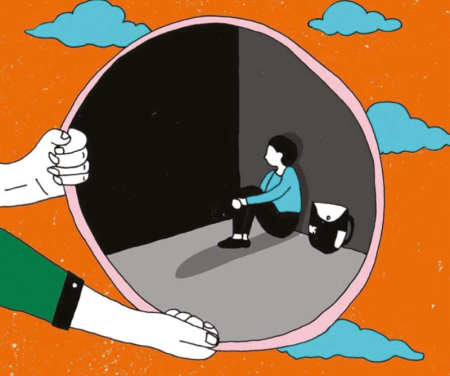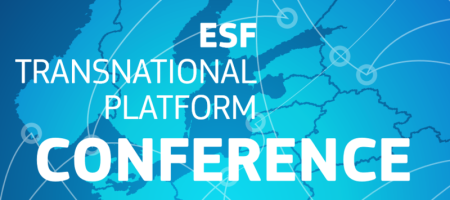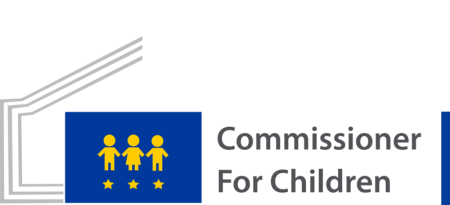
A study, which investigates the feasibility of a Child Guarantee for children at risk of poverty, was discussed at a conference by the EU Commission on 17 February. The idea of a Child Guarantee comes from a previous proposal by the EU Parliament. A resolution for reducing inequalities was approved in 2015, and in 2017, by request of the EU Commission, an investigation was launched to explore the possibility of a Child Guarantee.
The study is part of a "Preparatory Action", which also tests the local conditions for implementation. In the meantime, the EU Commission will negotiate with other EU Institutions on how Member States will embed the funding into their programming.
Approximately 25 million children are living in poverty and social exclusion. The study found that these children belong to four groups:
- children living in precarious family situations,
- children in alternative care,
- children with a migrant background (including refugee children)
- children with disabilities.
The aim of the Child Guarantee is to ensure vulnerable children can access five key social services:
- adequate nutrition
- free education,
- free healthcare,
- decent housing,
- free early childhood education and care.
During the conference, Member States discussed how they could create the legal framework for the Child Guarantee under the aegis of Progressive Universalism. It is in line with Principle 11 of the European Pillar of Social Rights, which says that Member States have to ensure the protection of children from poverty.
Though children’s protection is well defined by law, the problem lies in compliance with the law. The EU Commission can only give states advice, but states have to create their own legal frameworks. Currently, states spend around 2.5 % of their GDP on child and family benefits, and additional financial support is possible from the EU budget via other EU Institutions. However, during the programming period of 2014–2020 the money couldn’t be absorbed by the states.
The budget for the next programming period is currently under discussion, and the composition and the size of the budget is being debated. These negotiations can take a few months during which a compromise must be found between the 1.00% of GDP, the 1.07 % proposal of the Commission, and the 1.13% of the Parliament.




